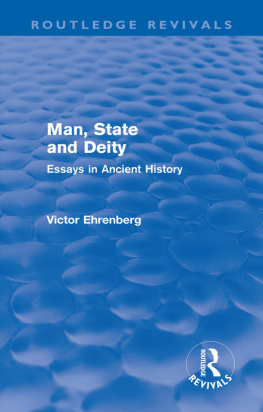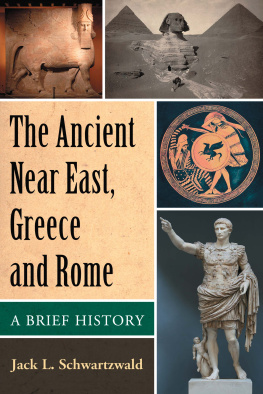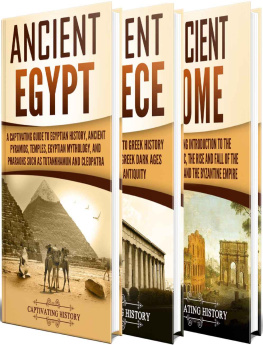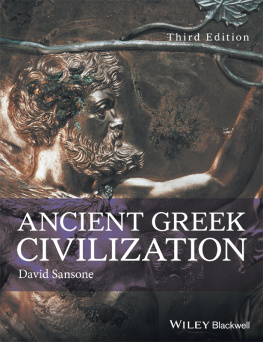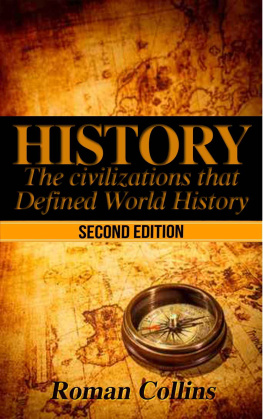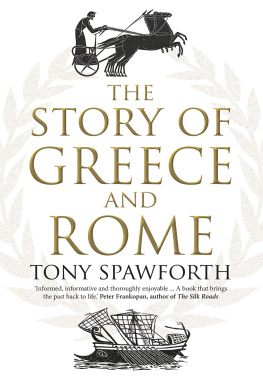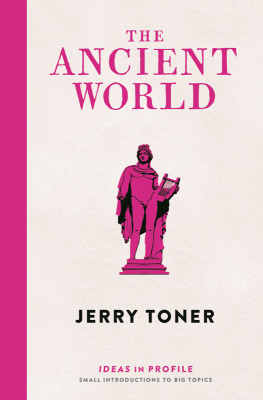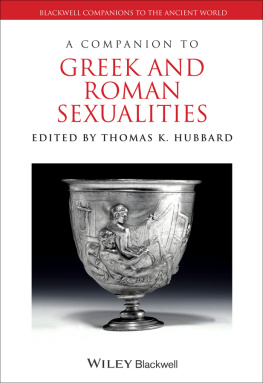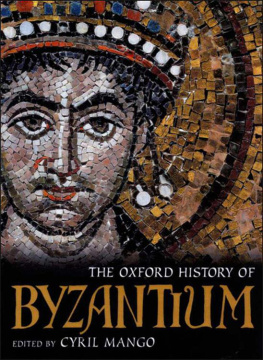Routledge Revivals
Man, State and Deity
First published in 1974, this book is a collection of nine essays written by Victor Ehrenberg between 1925 and 1967, five of which had not been published before. They deal with a number of aspects of Greek and Roman history, and with the nature of ancient history in the East and West. The first essay is a broad survey of interactions between opposing forces and ideas in the world as seen from the most ancient Near Eastern civilizations to the beginning of the western Middle Ages and the era of Byzantium; this is followed by discussions of topics from Classical and Hellenistic Greece and Republican and Imperial Rome, with the accent on the history of ideas and institutions freedom, the Greek city-state, and Roman concepts of state and empire. The final chapter consists of personal reflections on the meaning of history from the writers own characteristic viewpoint, and is, as he admits, more in the way of a confession than pure scholarship.
Man, State and Deity
Essays in Ancient History
Victor Ehrenberg
First published in 1974
by Methuen & Co. Ltd
This edition first published in 2011 by Routledge
2 Park Square, Milton Park, Abingdon, Oxon, OX14 4RN
Simultaneously published in the USA and Canada
by Routledge
711 Third Avenue, New York, NY 10017
Routledge is an imprint of the Taylor & Francis Group, an informa business
1974 Victor Ehrenberg
All rights reserved. No part of this book may be reprinted or reproduced or utilised in any form or by any electronic, mechanical, or other means, now known or hereafter invented, including photocopying and recording, or in any information storage or retrieval system, without permission in writing from the publishers.
Publishers Note
The publisher has gone to great lengths to ensure the quality of this reprint but points out that some imperfections in the original copies may be apparent.
Disclaimer
The publisher has made every effort to trace copyright holders and welcomes correspondence from those they have been unable to contact.
A Library of Congress record exists under ISBN: 0416794602
ISBN 13: 978-0-415-69187-1 (hbk)
ISBN 13: 978-0-203-15392-5 (ebk)
MAN, STATE AND DEITY
Essays in Ancient History
VICTOR EHRENBERG
METHUEN & CO LTD
First published in 1974
by Methuen & Co Ltd
11 New Fetter Lane, London EC4P 4EE
1974 by Victor Ehrenberg
ISBN 0 416 79460 2 (hardback)
0 416 79610 9 (paperback)
The paperback edition is sold subject to the condition that it shall not, by way of trade or otherwise, be lent, resold, hired out, or otherwise circulated without the publishers prior consent in any form of binding or cover other than that in which it is published and without a similar condition including this condition being imposed on the subsequent purchaser
Distributed in the U.S.A. by
HARPER & ROW PUBLISHERS, INC.
BARNES & NOBLE IMPORT DIVISION
To Lore and Martin Ostwald
Acknowledgements
The author and publishers would like to thank the following for permission to reprint material from the sources listed below: Encyclopaedia Britannica International Ltd for The Hellenistic Age from Encyclopaedia Britannica (1964); Harvard University Press for Caesars final aims from Harvard Studies in Classical Philology, vol. 68 (1964); Mouton & Co. for Freedom ideal and reality from The Living Heritage of Greek Antiquity (1967); and Verlagshaus Frankfurter Societts-Druckerei for Dike and Eros from Frankfurter Zeitung (4 March 1925).
Preface
This is the last book which I still can hope to produce. It covers a number of essays written (and some of them published) at very different times of my life. I have left them more or less as they were written, though I have inserted a number of corrections and additions, in order to make things clearer. I have also added a few quotations and a few notes (in square brackets), though I have not tried to bring old papers up-to-date. Those papers may be good or bad, strong or weak, but they must stand on their own feet. They cover very different aspects of my scholarly interests, and one of them (Chapter IX) is more in the way of a confession than of scholarship; it is the one which underwent some major changes, especially in its last section. If I have to apologize for all this, I do so, as I do for any repetition or possible contradiction within this collection of essays.
Volumes of this kind, though fairly frequent nowadays, are not favourites with publishers. The more grateful I am to Methuen for their generous attitude and willing help. I have also to thank my friend Professor H. H. Scullard as well as my two sons for reading some parts in typescript and providing useful criticisms.
East and West in Antiquity1
There may have been times when the tremendous importance of the relationship between East and West in Europe or on the whole earth was not realized. In the lifetime of the last two or three generations everyone will have felt the impact of the contrasts and conflicts between East and West. I believe it was more or less the same in antiquity, and there will be few people who might prefer a theory recently fashionable: that the invasion of Northern, i.e. Indo-European, intruders into the Mediterranean was of greater impact than continuous relations friendly or hostile between East and West.
It is a vast subject, and to press it into one lecture means that much can only be hinted at, and much has to be left out. Moreover, even when restricted to ancient times, it is by no means a clearly defined subject. It can mean mainly the contrast between Europe and Asia, or between the western and the eastern Mediterranean. It will also be more than a question of geography; the contrast of two different spiritual aspects, two ways of the working of the human mind. If we are prepared to see it in its most sweeping (and therefore inaccurate) generalization, we can speak of the god-centred East and the man-centred West.
It goes without saying that those relations and conflicts could be political, economic, social, religious, or of any other sphere of mans life and mind. But we need not try to paint such a multicoloured picture in order to see the whole instead of its parts. There is a clear unity behind the many aspects: history has been shaped by the relations and decisions between East and West to such an extent that behind the various historical forces lies a certain unity, though not uniformity. The facts of history were decisively determined by the moves and happenings between East and West; they were, as it were, the bed of a river which was formed by very different forces. We may have certain concepts of East and West, but they resist all clear definition; that simply does not exist. What I am going to do is to discuss facts of ancient history in the light of the general concept, however nebulous, of the East-West contrast. There can be little doubt that the foundations laid in those centuries are, even if unconsciously, the foundations of all succeeding times.

